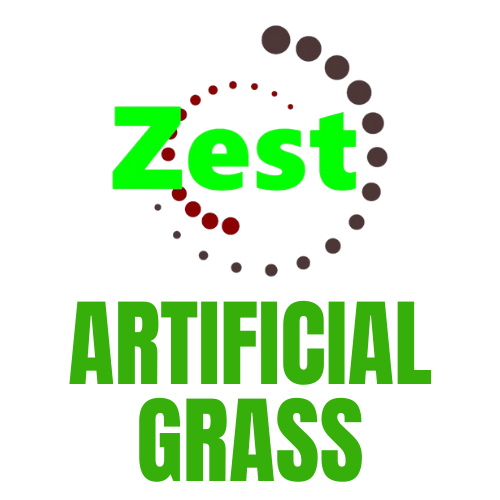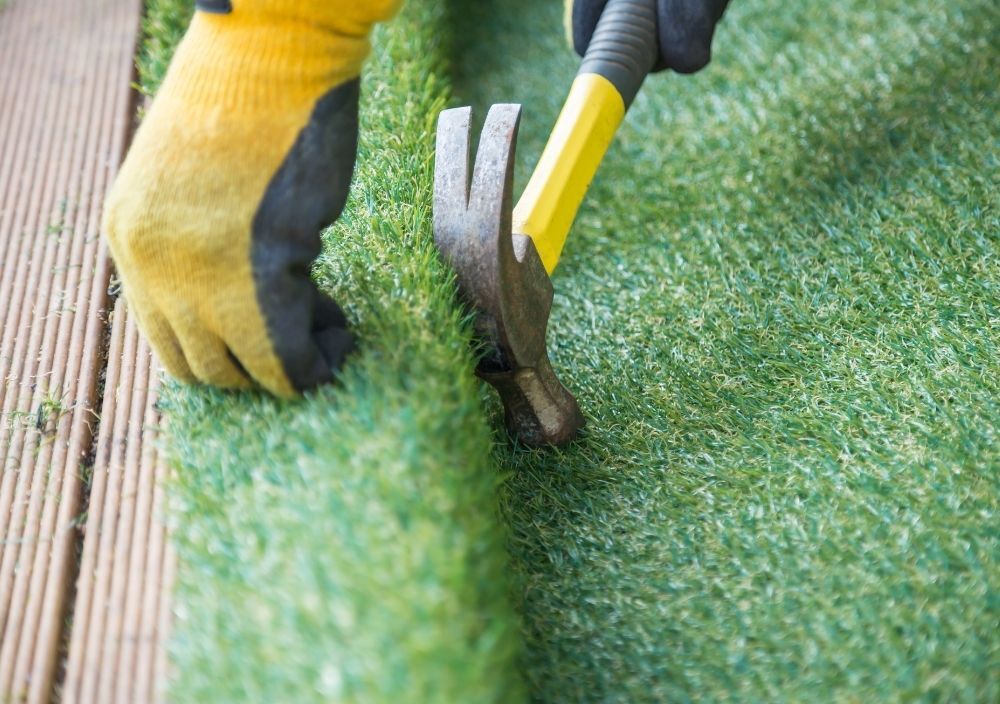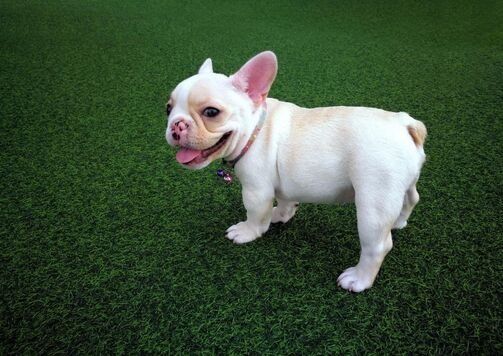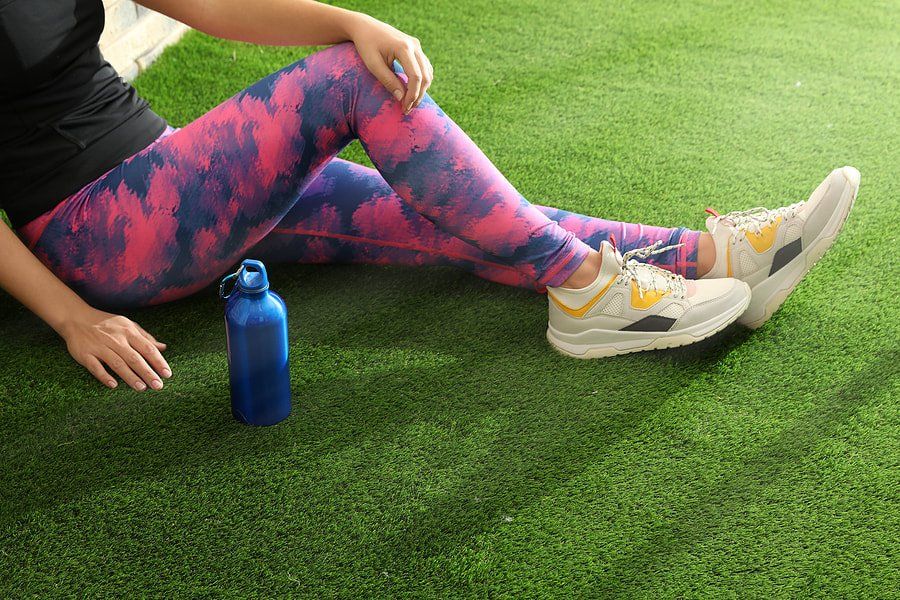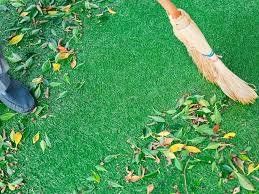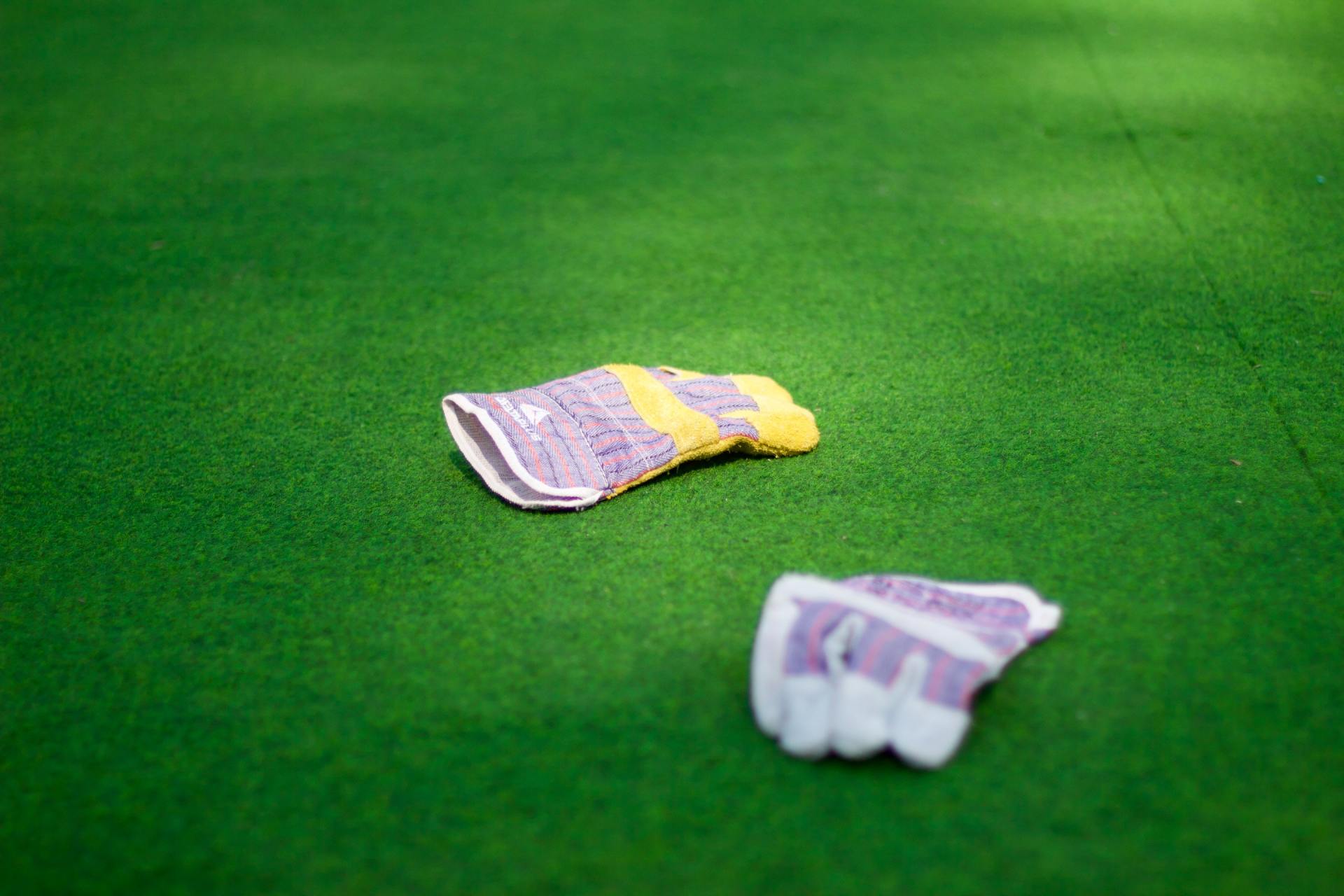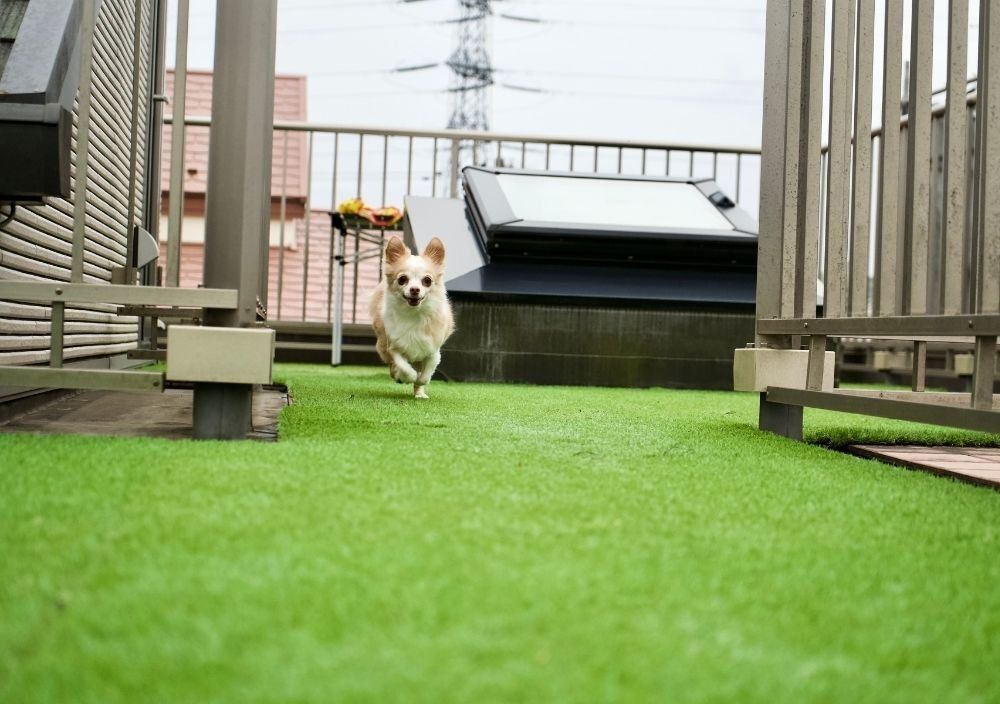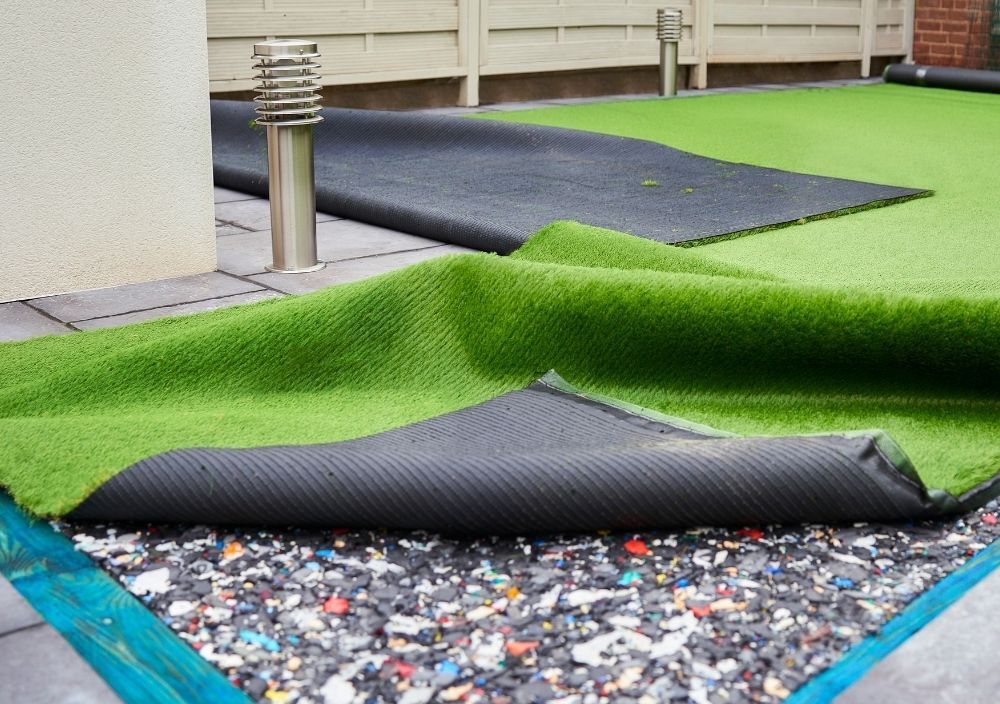Artificial Grass Coventry
Looking for Artificial Grass Installers in Coventry?
Get in touch with Zest Artificial Grass Coventry today for a FREE quote
CLICK HERE TO REQUEST YOU ARTIFICIAL GRASS QUOTE ANY TIME.
ATTACH YOUR PHOTOS AND DIMENSIONS FOR A QUICK PROVISIONAL QUOTE:
Artificial Grass Installers Coventry
About us
Zest Artificial Grass installers Coventry are a local team, passionate about artificial grass with the aim of supplying and fitting artificial lawns across gardens in and around Coventry. There are so many plus points in terms of having a lawn which remains looking good all year round. You’ll have less mess and mud coming into the house when you do venture outside in poor weather, which is especially relevant for dog owners. Plus you will be able to enjoy your outdoor space in the summer without having the chore of cutting grass which may aggravate any hay fever suffers in your family.
We know there has been much publicity about leaving areas or your garden to grow or even overgrow to encourage birds, insects and other wildlife into your garden. However, having an artificial lawn doesn’t mean that this won’t happen, in actual fact this allow you to have the best of both worlds. A section in your garden dedicated to the enjoyment of your family and pets and other sections surrounding your synthetic lawn can create a fantastic overall look. Importantly if you have a summer which leads to hosepipe bans it will mean that you are very well placed to dedicate your water resources to your surrounding plants and foliage and not to your lawn. Any you won’t have to worry about your lawn drying out and turning brown and straw like.
Our artificial grass installers are passionate about creating a wonderful outdoor environment so if you’re thinking of getting an artificial grass lawn installed, please
get in touch today.
Zest Artificial Grass Coventry Services
FITTING ARTIFICIAL GRASS
Our fitting team are all experiences artificial grass installers. So if you are looking for the best artificial grass installation you need not look further.
ARTIFICIAL GRASS PRICE
These days there is a vast range of artificial grasses to choose from and they range from the very cheap to the very luxurious.
ARTIFICIAL GRASS FOR DOGS
Many dog owners will start to investigate artificial grass as an option in the wetter months of the
year and it’s easy to see why.
ARTIFICIAL GRASS TYPES
Currently there is an ever growing selection of artificial grasses to choose from and here at Zest Artificial Grass we supply and fit a wide selection.
BENEFITS OF ARTIFICIAL GRASS
So why should you think of replacing your natural lawn with a synthetic grass alternative? Perhaps we should start with a reminder of what’s involved with maintaining a great looking real lawn...
ARTIFICIAL GRASS MAINTENANCE
The most appealing aspect and the reason most people choose to move to an artificial lawn are that ownership of artificial grass comes with very few maintenance responsibilities and therefore very little maintenance costs.
Artificial Grass Coventry supply & fit
Our fitting team are all experiences artificial grass installers. So if you are looking for the best artificial grass installation you need not look further. Our professional Coventry artificial grass installation team are here to assist you in making the best decisions regarding your artificial grass choices for supply and fitting. Our extensive groundwork experience means that we take no shortcuts and know the best way to lay your fake grass.
Before any work can begin we need to have an agreed plan on the design if your artificial lawn. Whilst you may think surely “it’s just a case of rolling out the grass and fixing it down” that would be a massive oversimplification.
There are a number of points which need to be considered. Firstly what grass are you going to select? There are a number of choices depending on your requirements and budget but the less obvious consideration will be the width of the roll. Now this in itself is not the start point but certain synthetic grasses come in certain widths with the most common being 2 and 4 metres. Now if you have a lawn area which is 4.8m you may be better off selecting a synthetic grass which is available in a 5m width. Why? Well in this example there are two main reasons.
Artificial Grass Installation Coventry
The first reason is cosmetic. Even though we do as much as possible to make any joins between rolls as inconspicuous as possible, over time and use when the grass flattens the joint will become a little more visible. This joint can be hidden more by simply brushing up the piles again but there will always be a subtle hint of a join, so wherever possible it makes sense to avoid these or depending on the size of your lawn aim to have the least number of these. The second reason is the overall cost. Since grass is purchased by length any excess grass is effectively waste, which has been paid for – in exactly the same fashion as carpets.
Many people will use these off-cuts as a base for plant pots or find some other uses depending on the amount left but in our example even though the m2 cost of a 5m roll would be more than that of the 4m or 2m rolls you would be needing both of these rolls and would be wasting over a meter off one roll, which is likely to cost more in total. Again depending on the shape of your lawn area and slope, where possible we would always advise laying the final artificial grass layer in the direction, which will give you the least number of joints.
The next decision will be the edging surrounding your artificial lawn. Using sleepers is a popular way of surrounding your lawn. Again depending on your existing setup, you may want these raised or sunk a little, depending on what’s the other side. It may be your front lawn which you want running up to the brick edging of your drive, or simply to stop at ground level up to a border or even a fence. This is an opportunity to decide on your surround and how this will work with other landscape plans you may have.
Fake Grass Coventry
Once we have agreed on how you will want your lawn laid we can get stuck into what’s involved in ensuring that you get an excellent installation. One of the first things we do is check the soil and slope to understand what the natural level of irrigation and water drainage there is likely to be as this will influence the base level preparation. Installation of a proper sub base to your fake grass top layer will make a massive difference to the effectiveness of water drainage of pee drainage if you have a dog.
This aggregate base will vary according to these requirements and once that has been laid and flattened a weed membrane will be laid on top of that. This is then followed by a layer of sand which is then flattened off. Jointing fabric is laid down if there are any joints and then the artificial grass is carefully rolled out on top of the sand ensuring all blade grains are facing the same direction. The grass is then fixed down and onto the jointing strip ensuring there is no gap between rolls and all edges are securely down. Depending on your chosen grass and an additional fine layer of sand will be added on top of your grass and brushed in.
Artificial Grass Costs Coventry
These days there is a vast range of fake grasses to choose from and artificial grass costs range from the very cheap to the very luxurious. Synthetic grass can be found for less than £10m2 but these are the bottom end budget options for a reason. They will have a low pile and also as a result of this will look more like the Astroturf you will find in sports grounds rather than anything which could be mistaken as grass. We do have customers who plum for his as they have the full intention of using for sport like football or gold putting. At the other end, some grasses will sell for £45+ m2 and these will be long and luxurious and look very much like the real thing but may not be ideal for more frequent use or pets. The majority of lawns plump for a good mid-range grass which will generally sit in the £25-£35 per m2 price range.
Whilst the initial investment of artificial grass would be much more than a re-turf of an existing lawn this is more akin to an investment in your property – or specifically your garden. If in a few years to come you are thinking of selling your home having an artificial lawn already installed is going to be a big plus point for any prospective buyer. The ongoing savings on the water by not having to leave a sprinkler on in the summer months will add up as to patch treatments, weed killer, scarifying, grass feed etc. and sometime people just can’t put a price on their time – what price do you put on not having to mow the lawn? For those customers who have had an artificial lawn fitted, the only regret they have is that they didn’t get one installed years earlier. For your individual lawn as well as your selection on the grass itself the other factors affecting the total installed price will be the current state of the ground – how much sub base needs to be used to ensure adequate drainage? Are there any existing slopes and is this an opportunity to reduce that slope by building a wall and layering your garden differently? What are the decisions on edging – are a number of sleepers required or does and wall need building?
Artificial Grass installation Costs Coventry
We aim to provide a competitive service reflective of the quality of installation we provide. As you can see there are many factors which can influence a final quote but many people want a start point to know if an artificial lawn is going to be affordable this year. So as a rough guide we would suggest that for a small area which is less than 20m2 a fully installed price of around £70m2 would give you an indicative start point. For larger installs such as 80m2 or greater, which can take advantage of some economies of scale, this could bring the installed price nearer to £45m2. Clearly, we’ve given you some indicators of what can affect price however, this also gives you some wiggle room. The best way to approach this is to have us come and survey your garden and discuss your requirements and budget. If you are undertaking a number of garden landscape activities our team are well placed to deliver these too, so again utilising our Zest Artificial Grass Coventry team for these other hard landscape tasks will help us bring further savings to your project. If it’s just the new lawn you are after, some slight changes to your synthetic turf selection and lawn edging could enable you to get your garden makeover in time for the summer.
Contact us today for a no-obligation quote.
Artificial Grass Companies Coventry
Many dog owners will start to investigate artificial grass as an option in the wetter months of the year and it’s easy to see why.
Whilst owning a dog is a joy there are certainly other aspects of looking after a dog that can be seen as a chore and other aspects, which can be extremely frustrating when you sometimes feel you are constantly cleaning up after your dog.
Artificial Grass for Dogs
Clearly, not all dogs are the same and we are not just talking about breeds we are talking habits too. Starting with play habits – does your dog run around vigorously in the garden to let off a bit of energy or does your dog have a tendency to play roughly with some toys? If you can relate to any of these, and the first being the most common, it's very likely that when your garden has been subjected to British wet weather, your dog is going to come back into the house with some degree of mud on its paws.
Now we have seen the odd dog trained to wipe its feet but this is a rare skill. Most will simply dash back in, especially if it is still raining outside – so unless you’ve been keeping guard at your back door awaiting the return of your four-legged friend with wiping towel in hand your dog is going to bring in some dirt into your house. This can then lead to muddy paw prints across your floor, carpet, rug or even sofa depending on the distances involved and the surfaces your dog crosses.
Clearly, your dog is doing nothing wrong but this scenario will leave you with a clean-up exercise and on days when the outdoor weather has been less than kind day after day this can become a tiresome chore, which you can’t wait to see the back of.
The other activity, which can’t be avoided, is your dog going to the toilet. Unfortunately, dog’s pee will discolour your lawn, or more specifically will kill the grass. So why does this happen? Dog pee is different from human pee but not because it has a higher acidity level which is what most people assume is the reason why the grass is killed. It’s down to having a higher level of nitrogen which kills the grass. Where it is highly concentrated this will leave a dead brown patch but at the fringes where a lesser amount is it will actually nourish the grass and that’s why you be left with a dark green ring with a light brown centre.
So what’s the solution to all these issues? Simply replacing your grass lawn with artificial grass will eliminate all those issues. The key is ensuring good drainage so laying a good sub-base and ensuring that the grass you’ve selected is one of the better once (more drainage holes) for dogs will allow you to say goodbye to these challenges. The only maintenance you may need is a simple hosing in the height of summer when your dogs pee may smell stronger than unusual due to the heat and will dry out on the grass before having a chance to drain but you can quickly sort this out whilst watering your plants without worrying about creating a mud patch!
In terms of selecting an
artificial grass most suitable for dogs, typically we would recommend a height of around 35mm. If you have one of the higher grasses this may prove to be a little more difficult for cleaning up a number two – especially if your pooch has a tummy upset. Grasses below 30mm will look a little less ‘real’ so a 35mm grass is a really good ‘all-rounder’.
Artificial Grass Types Coventry
Currently there is an ever growing selection of
artificial grasses to choose from and here at Zest Artificial Grass Installations Coventry we are apply to supply and fit a wide selection.
So what do you need to know to help you decide on which artificial grass is best for your needs and your budget? We’ve provided a bit of an overview on artificial grass which we hope will help you when it comes to making your selection.
Artificial grass is made from Nylon, Polypropylene or Polyethylene with Nylon providing the most durable finish and Polypropylene the least so this will make a difference to the price of your grass. One of the most obvious differences from one synthetic grass to another is the length of the grass. The proper term for this is pile height and this can range massively but some manufacturers will also refer to this as simply thickness. Most of the budget range artificial grasses will have a pile height of around 20mm. When you have pile height of 15mm or under, these are likely to be for a more specific sport or leisure purpose such as for an artificial putting green of football pitch. The longest artificial grass ranges will be 40-45mm high. The next factor to look at is something called the grass weight and this is measured and rated by a gram per metre square figure. This is a figure which combines two metrics – it used both the height of the strands as well as how many are in a square meter.
Astro Turf Coventry
As good example of how these are used would be to compare a
sport astro turf in Coventry, which may have a height of 15mm to a luxury grass with a height of 42mm. Both may have a similar 2900 g/m2 rating so how can this be? Well the sports turf will have more than double the amount of stands compared to the 42mm pile grass. This will enable the sports turf to be much more durable as the individual strands will be packed tightly together.
So clearly another factor will be the durability, or wear rating, of the grass. Generally the higher the g/m2 figures the higher the wear rating as more strands provide a denser turn but be mindful that pile height can also influence this number too.
Another rating many manufacturers are starting to include is a ‘softness rating’ as more people will want to walk barefoot on their lawns and lie down without the need for a rug then a higher softness rating is going to appeal. Finally the other really important factor is how it looks to you. To make artificial grass look authentic many manufacturers have started to include some very fine thinner strands which have a subtle sandy brown thatch intermingled within the longer greener strands and indeed they mimic real turf remarkably well. However, many households will simply want a greener shade so that their fake lawn looks bright, lush and vibrant all year round.
So this final factor is down to your personal choice. If you’ve heard that there specific pet friendly grasses that is the case to some degree. All artificial grasses are safe for your pets to run and walk on so the when this phrases is banded around it will generally refer to the ability to dog pee to drain away effectively.
It is try that some manufacturers have added more drainage holes to some grasses and labels these are being pet friendly but most synthetic grasses can be pet friendly if also layers are well laid in the correct sequence.
Astroturf Coventry
This may seem like a lot to take in, however help is at hand. Our team has a wide choice of artificial grass types and astroturf finishes and we are confident we will be able to supply and fit the perfect artificial lawn for you and your family. Artificial grass simply takes away all the downsides inherent in natural grass. Nobody at your home will ever have to worry about tracking mud inside again or worry about your dog digging up the lawn. Also, these days you can barely tell that fake grass isn’t natural.
Go on, check out our photos if you don’t believe that fake grass is often indistinguishable from natural turf. Our artificial turf, fake grass, false grass, whatever you want to call it will last for years, probably decades, guaranteed. So fake grass cost is well worth it, especially with us at Zest Artificial Grass Coventry where we offer some of the cheapest artificial grasses for the grades available.
Benefits of Artificial Grass Coventry
So why should you think of replacing your natural lawn with a synthetic grass alternative? Perhaps we should start with a reminder of what’s involved with maintaining a great looking real lawn...
Well, to have a good, healthy-looking lawn there are a number of actions you need to do, ideally, each year, to ensure you get the lawn you want. Alternatively, you can employ a garden or lawn specialist to these actions for you and in these scenarios, the cost comparison for an artificial lawn is very compelling!
So let’s start with autumn activity, whether you have a real lawn or fake lawn the leaves falling from trees onto your lawn are unsightly. However, as well as being unsightly if they are left doo long in a dense pile they will stop light getting to your lawn, this will result in the grass dying away and result in you having a section of your lawn needing repair – so it’s important to keep on top of this. The same urgency isn’t there for artificial grass. If you are a little less bothered about the leaves on your lawn you could leave them longer before brushing them up and when you do there will be a perfectly green lawn underneath.
Another autumn activity is scarifying. Scarifying can be done either with a special scarifier or with a fine rake and both perform the purpose, which is to remove thatch, dead grass and moss from your lawn providing the space for new grass to grow through. The presence of moss in a lawn, as well as not looking too good, has the negative effect of restricting your grass from growing. It also has a negative effect on the drainage of your lawn. Once you’ve finished scarifying your lawn will look a bit of a mess as it will take about 6 to 8 weeks before new shoots start to grow through.
This will take you through to spring when the longer daylight hours will cause your grass to grow quicker. This is when the process of mowing begins. Mowing will stimulate the roots to spread and ideally, you should be looking to do this once every two weeks in spring and weekly in summer.
Next, you should water your lawn regularly but lightly, ideally with rainwater as it will be more costly from your mains supply. As spring creeps into summer you will need to check your lawn for weed growth and remove these. Most avid gardeners will advocate removing weeds like Plantains and dandelions by hand using a trowel or daisy grabber and for clover, buttercups and medick a rake before mowing will start the process of killing them off.
To aid healthy grass growth you do not want your lawn compacting so to aid with this it is recommended that you aerate your lawn regularly. This is done by pushing a garden fork into the ground to about 10cm and rocking the fork back and forth. This should be done across the whole lawn at about 10cm intervals.
The other activity which should accompany mowing is edging your lawn. As well as making your lawn look neat it will also prevent the spread of grass into your borders. There are several ways to do this with the most common being either an electric strimmer or edging shears.
As well as watering, feeding your lawn will aid its growth and health. As a bare minimum, a feed in the spring and in the summer is recommended. Depending on how well you’ve maintained your lawn will determine whether you also need to do patch repairs on your lawn which either can involve reseeding the area or removing a section and replacing with some new turf.
Well, we think that covers it. So what about an artificial grass lawn?
Well if you have pets and there are little bits of residue a clean with some warm soapy water and a hard brush rinsed off with a hose or watering can should do the trick. If you do see any moss forming near the edges again a
brush with a stiff brush. If any weed does form on top or manage to find its way through a simple spray with a weed killer will do the trick but these will be few and far between.
That’s it... really that’s about it. So when you compare cost, time and effort you’ll see why more and more people are having artificial grass installations.
Artificial Grass Maintenance Coventry
The most appealing aspect and the reason most people choose to move to an artificial lawn are that ownership of artificial grass comes with
very few maintenance responsibilities and therefore very little maintenance costs.
There are just a few simple things you can do to ensure you keep your artificial lawn in tip-top shape and to be honest most of them are fairly common sense. Compared to a real lawn where you have tasks such as feeding, mowing, scarifying, seeding, patching, watering, and aerating and weeding all of which aren’t necessarily obvious – your artificial lawn maintenance will be a breeze. Anyway here are some of our recommendations to ensure you maintain your artificial lawn to full effect. Even some of these actions may not be required, or not be required often based on your own specific circumstances of how your lawn is used and what other elements are around it.
Artificial Turf Coventry
The first example of this relates to pet owners if you have a dog or two or more they will be using your lawn as a toilet. Clearly the sooner you clean up a number two you avoid the risk of this being trodden in but should this happen or the poo is a little runny, hosing the area down or using a watering can without the spray attachment on, followed by a quick spray of disinfectant will remove any traces of your pooch present! You may need to do this on occasion on very hot summer days where dog pee will dry on contact before it has to opportunity to drain away. But this is relatively quick to do and can be done whilst watering your plants.
If your lawn is located under deciduous trees you will no doubt have a pile-up of leaves on your lawn over the autumn months. Removal of these leaves quickly is not as critical as it would be on a real lawn as the leaves would prevent the sunlight from feeding the grass which would cause it to die away, however, to have a fabulous lush looking lawn in the autumn months simply brushing the leaves into a pile and removing them.
Don’t be too slack on this as otherwise, you will find that the leaves will degrade an ingress into your lawn pile from the top which will create a potential patch for seed or moss to grow from. You will find that brushing is much quicker and easier than when you used to use a rake on normal grass which leaves got stuck in the rake and into the grass but this is if you brush with the natural grain direction of your artificial grass. Check this before starting; you’ll know which way simply by the resistance the brush will have against the grass. If you brush in the direction of least resistance you will find that your leaf sweep will be quick and easy.
Maintenance of artificial grass is possibly a little misleading; simple keeping on top of cleaning your artificial lawn would be a more appropriate term. Simply brushing or spraying down any spills and build-up of any sort of debris is all that is required.
Occasionally a weed may find its way through one of the drainage holes – if that does happen, don’t be tempted pluck it out as you may also end up pulling up the grass as the weed roots may be bigger than the hole. If you have been a little slack and allowed dirt to accumulate on top of your lawn - spray with pet-friendly, water-based weed killer. Once you’ve left this for a few days you may be able to simply pick up the dead weed or if they have shrivelled up, brushing down your lawn followed by hosing should bring your lawn back to being weed-free.
Artificial Grass in Coventry
Depending on you your lawn is used and by how many people, will affect how quickly your lawn will start to compact. Keeping you grass fibres more upright you will make your lawn look more like when you first had it installed. By
brushing
against the grain you are forcing the blades upright again - as well as improving the look of your lawn this will also help them wear more evenly resulting in your lawn lasting longer as well as looking better.
Use common sense on your artificial lawn - avoid using it as a place to carry out mechanical repairs where acids, oils or lubricants could stain your lawn and also be mindful of placing a natural barbeque where hot charcoal could fall onto your lawn.
If you follow these simple steps you should have a great looking artificial lawn for many years with very little hassle or effort.
Need help?
Looking for artificial grass fitters in Coventry?
Frequently Asked Questions
Coventry Artificial Grass
-
How to lay artificial grass?
Usually, an aggregate sub-base is laid to provide efficient drainage followed by a weed membrane followed by a layer of sand. The sand is then levelled off to provide a flat base on which the artificial turf is laid out. If you have a seam, a joint tape will be laid down between the seams onto which adhesive is spread and then the grass edges are laid over the seam. Additional special fake grass pegs are also used to fix down the edges.
-
Which artificial grass is best?
This will all depend on how you will be using your artificial lawn. For a luxurious looking thick lawn then a 40mm+ lawn will give you a good bouncy feel - but may not be so good if you are planning on leaving lots of heavy items on your lawn. Also if you have pets - dogs, you would want to choose a 30mm height at this will make clearing up after your pooch a little easier whilst still retaining a fantastic looking lawn.
If you looking to provide a play area or add some artificial grass to decking to provide a non-slip topping then a budget, sub 10mm pile would be best
-
How much is artificial grass?
This all depends on your individual installation and the actual grass that is chosen. Grass prices range from the budget end, which looks like green carpet rather than grass, from around £5 per m2 to longer luxury pile grasses which can be £40+ per m2. For a supply and fit of a good mid-range grass can range from around £70 per m2, for small shape installations where they may be much wastage, to £45 per m2 where there is a large uniformed area being installed.
-
Can artificial grass be laid on decking?
Yes, it can and we've done it several times with s special underlay. We've found that this will mostly be requested on timber decking. There a two main reasons for this firstly once the artificial grass has been fixed to the decking it means that you won't be able to get to your decking to clean it - saving you cleaning chore. Whilst this may seem like a big plus side it does mean that water will have more difficulty in draining away after a downpour. So whilst water will run through the artificial turf it will run onto the decking. If the decking is in a very slight slope to assist water run off this will help. The underlay we use will also help protect your decking If not done properly, you will run the risk of shortening the life of your decking as it will not be treated regularly.
The other and main reason is that fake grass is fitted onto decking is that it is visually more colourful and you don't have to work about slipping if the surface does get damp - especially if you have not been good at keeping on top of decking maintenance and moss and algae have built up.
Before applying artificial grass on top of decking we would recommend a final clean and good quality decking treatment is applied first.
-
What is artificial grass made from?
The quality in terms of colour fastness, durability and realness has improved dramatically in the last 1o years. This has progressed to such a level that at first glance it can be very hard to distinguish between real grass and fake grass.
Most modern grasses are made from polyethylene - this is for the actual grass blade. The base to which it is attached can be made from either polypropylene, polyethylene or nylon. For all three the process of attaching is very similar to that used for modern carpets, which is why you can now even find artificial for sale in carpet shops. A needle, or rather large sets of needles push the blades through the base to which they are attached. Additional adhesives are also used to keep the blades in place.
-
Will artificial grass fade over time?
With the advances in astroturf manufacturing UV inhibitors are added to the artificial grass and as a result, you should expect your artificial lawn to look good for 15-20 years depending on the intensity and duration of sun exposure.
-
Which is the best border for artificial grass?
This again similar to the question about the best artificial grass will come down to a number of factors. Firstly it will depend on where the grass will be going and what it will be butting up to. For artificial lawns surrounding trees, timber sleepers are going to be too rigid and therefore laying of bricks or stone blocks allow circles and curved edges to be used. If this is the style and design of your landscaping you don't want to be compromising on the flow of borders and lawns so this is a popular finish. When you do have long straight edges sleepers are a good option as they allow you to have a slightly raised bed, which helps bring some different levels to a garden. It's not uncommon to use a combination of the two. Part of our service is to talk through the design aspect of your garden and what features you already have so as to complement your garden design as much as possible.
AREAS COVERED BY ZEST ARTIFICIAL GRASS:
Artificial Grass Sheffield,
Artificial Grass Rotherham,
Artificial Grass Doncaster,
Artificial Grass Chesterfield,
Artificial Grass Barnsley,
Artificial Grass Ilkeston
If you are looking for other low maintenance recommendations as part of a garden makeover why not explore electric gates Coventry with Composite Gates UK for a personal, made-to-measure gate service.
